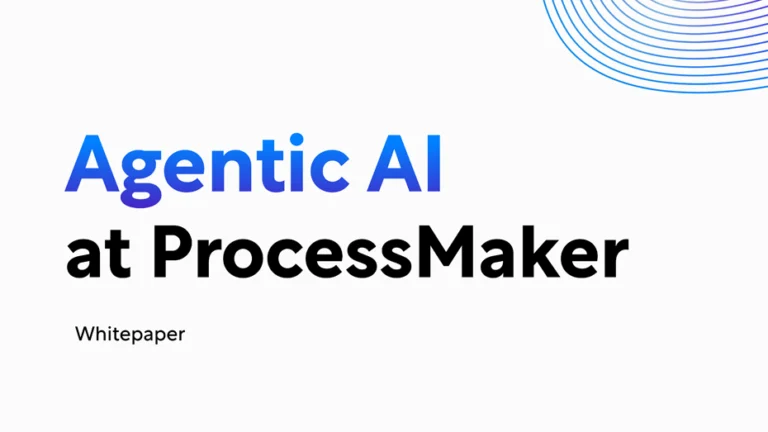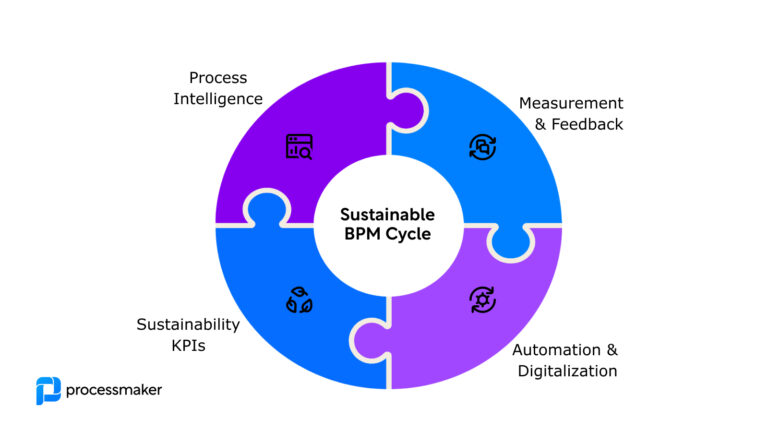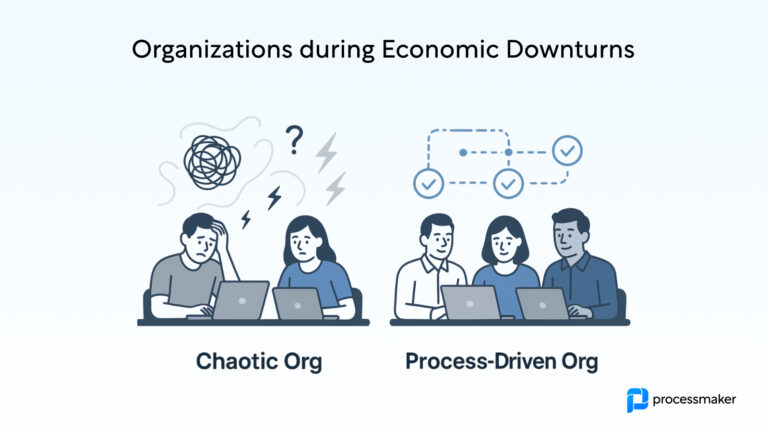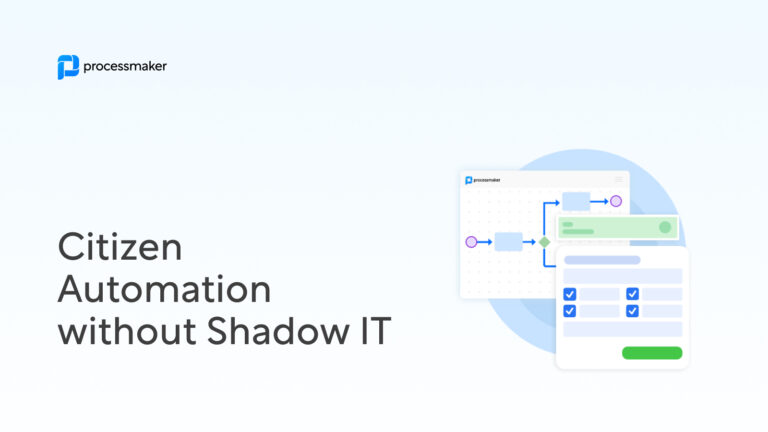Openly embracing opportunities to optimize your company’s workflows can revolutionize your business. In this article we look at five organizations that have successfully undergone digital transformation. Each of these examples shows how digitizing different processes can impact the overall health of a company.
Best Buy
There have been few big box retailers that have embraced digitalization more than Best Buy. Best Buy’s changes were brought on more by necessity than anything else. In fact, the source of the financial struggles they began experiencing around 2012 can be summed up in just one word: Amazon.
Amazon came along with a larger selection and undercut Best Buy’s prices. Many of Best Buy’s customers began “show-rooming,” physically viewing and interacting with products in Best Buy stores only to purchase them later at lower prices on Amazon. Best Buy responded by playing to their strengths, leveraging their existing infrastructure to improve the online shopping experience.
They incorporated features like the use of AI into their online search functions and augmented reality. Artificial intelligence improved customer communication. For instance, the “On My Way” feature allows customers to alert a store that they are on their way to pick up an item. Staff can ensure that the item is waiting at the front of the store for the customer when they arrive.
The convenience of online pickup allows customers to get their items even quicker than ordering from Amazon. Augmented reality features give customers a preview of how an item that they are shopping for online would look in their home.
Best Buy also incorporated digital technologies into back office work processes. For instance, they use AI-powered chatbots in their HR processes to vet candidates and collect documentation. These efforts have freed up HR resources by reducing the amount of time that staff must communicate with job candidates.
PayPal
PayPal has come a long way from its early days of a serving as a convenient way to pay for eBay purchases. Now a massive global payment processor with a market value that exceeds that of American Express, PayPal can attribute much of its success to the adoption of AI and machine-learning (ML) technologies.
The company has incorporated these technologies into many of their processes, like marketing and customer service. Technologies like “OneTouch” make paying for online purchases from a mobile phone extremely user-friendly. These technologies, however, have been particularly effective at managing fraud and risk.
PayPal processes some 33.8 million transactions per day around the world. For a financial services company that operates on such a large scale, mitigating the costs of fraud is key to their long-term viability. This is where AI and ML solutions have proved to be extremely valuable. AI and ML sort through millions of data points to predict when a particular transaction is fraudulent or not. Not only has PayPal made its platform safer, but it has significantly reduced its costs and losses due to fraud.
Lenovo
Lenovo acquired IBM’s Personal Computing Division in 2005 and rolled out its first consumer PC brand in 2008. Today, the company is one of the largest tech companies in the world, selling 4 devices every second. But its success has not been without its share of challenges.
Lenovo has experienced some difficulties expanding into emerging markets, like Brazil. Crucial to Lenovo’s success in these markets are its ability to predict sell-out volume. In Brazil, the company lacked a tool that could automate its modeling and forecasting processes.
Using a modeling cloud service, the company was able to accurately predict sell-out volume for up to four weeks in advance. The technology has helped the company to have more control over their supply chains and logistics, allowing them to better serve their customers.
Hewlett Packard (HP)
Another major manufacturer of computer hardware, HP has grown into a global technology company worth some $25 billion. A company of HP’s size is tasked with managing a seemingly insurmountable number of customer support contracts. In fact, the company reportedly handles an estimated 600 million contracts per year. From both a customer service and costs perspective, it was key for HP to find a scalable solution.
They accomplished this by building the HP Support Assistant. Built on the Microsoft Azure platform, the virtual assistant uses AI to communicate with customers. As customers type support questions into the bot, it attempts to solve their problems by referring to a large database of support manuals. Human intervention is only required if the system is unable to provide the customer with a solution. The Support Assistant has provided a scalable and cost-effective solution for HP’s customer support challenges.
Home Depot
Home Depot has invested heavily in digital technologies to leverage the scale of their brick-and-mortar stores, improving the online shopping experience. At the end of 2017, Home Depot announced a $11.1 billion initiative to become a more digital-centric retailer by the end of 2020.
The initiative has several important components. Like Best Buy, Home Depot has enhanced its online store pickup services. A big part of their effort has been improving the mobile shopping experience. For instance, they have added a voice search feature to their mobile app.
The company has also relied heavily on big data to better understand their customers. For instance, they interpret data to identify local trends, ensuring that they stock the most suitable products in each of their stores. This not only increases in-store revenue but reduces the costs associated with excess inventory.
Home Depot has been one of the great digitization success stories. From the time that they announced their initiative in 2017 until today, their stock price has risen from $135 to $251 per share.
How your company can become a workflow master
While not every company will grow to be the size of a Best Buy or Home Depot, every company can use workflow software and business process management principles to optimize their processes. Take note of these 5 workflow successes and apply the lessons to your own workflows to start cutting costs and boosting efficiency.
Miss last year’s edition? Check it out here.





